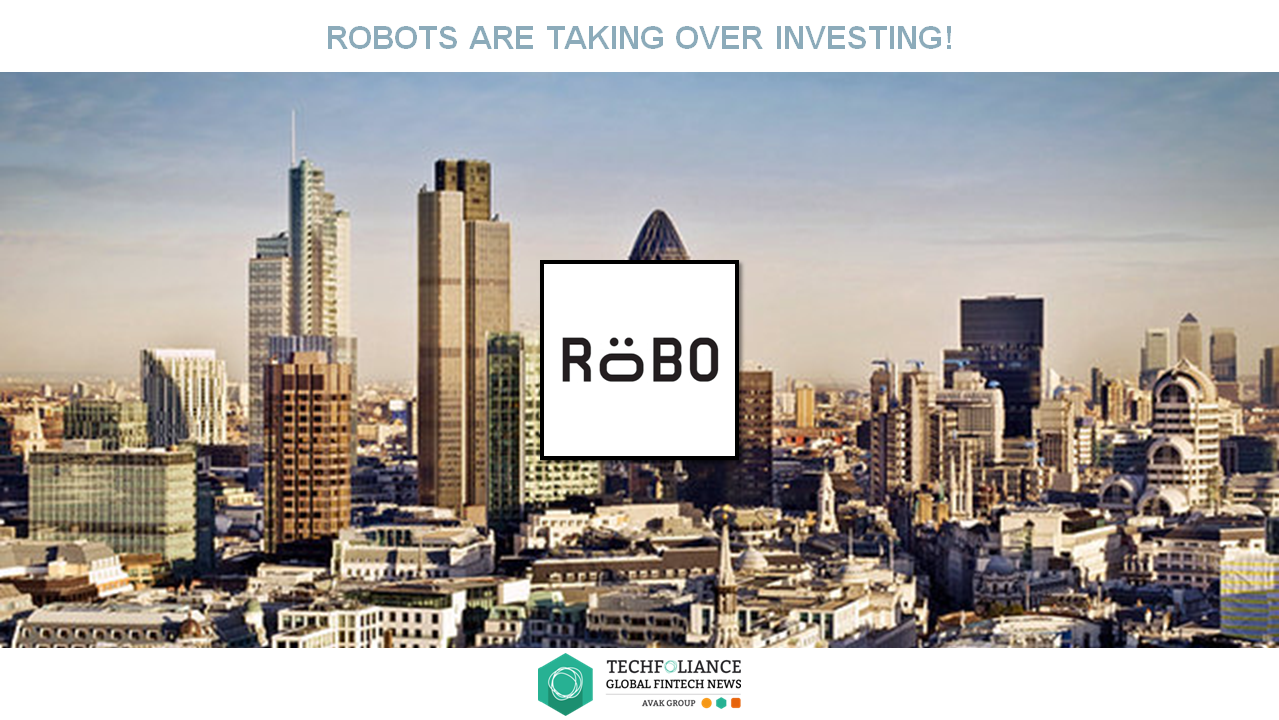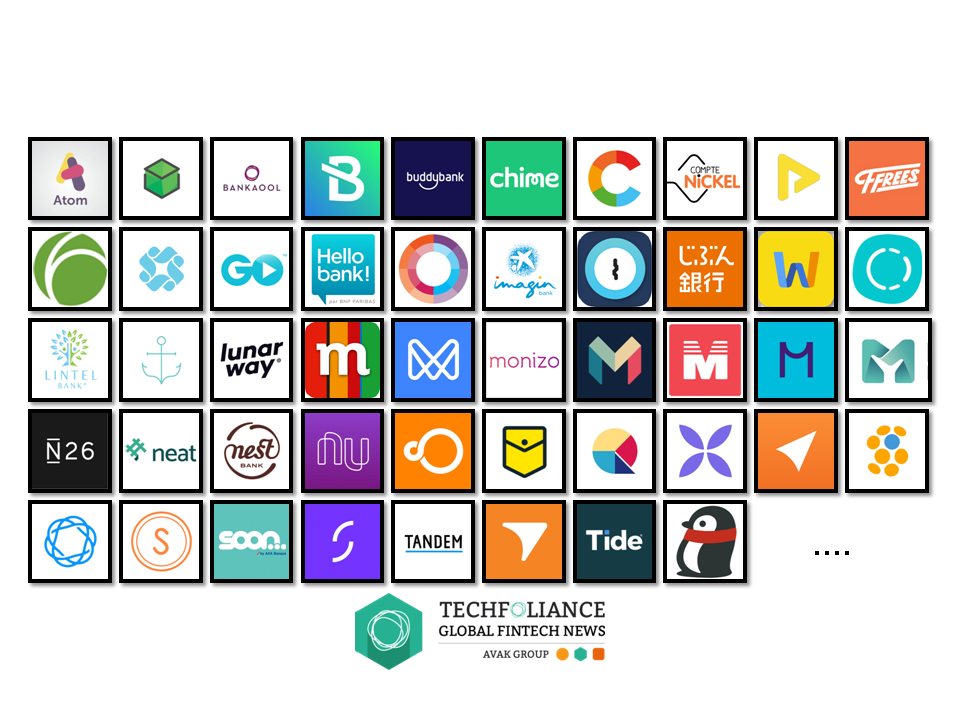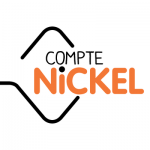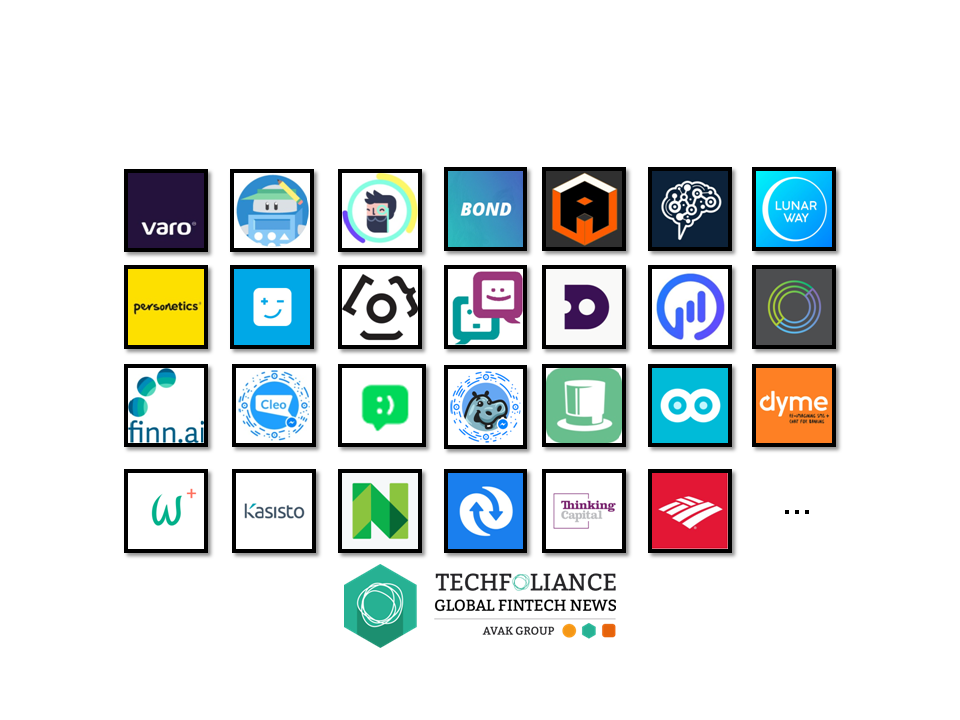Most people see peer-to-peer lending as a nice way to distribute credit online to investors through a nice user-interface. Well, it is. But only from an amateur’s eye. Here are 3 facts which are not necessarily obvious for anyone looking at our industry.
Compliance is not just for the old banks
What most people think: peer-to-peer lenders only succeed because they are unregulated, it will not last.
Tip: no, actually.
Building a brand new business does not grant you the permission of forgetting intangible facts. Whatever the new app you are building or the unique product you think you bring to the market, bear in mind the steadiest cause of trouble in finance: greed. Greed makes you seek for yield while it’s too risky for you. Greed makes people in financial business make bad things being sure that, “this time, it’s different”. Regulatory agility does not prevent you from being cautious with conflicts of interests (note: a disclosed conflict of interests is still a conflict of interests). Awesome UX does not prevent you from educating customers and tell them the truth about the product. Final tip: quickly know what your company really does. If you are deciding to lend your own money, you are actually a bank; if you are deciding to lend your clients’ money, you are actually an asset manager; if you let people lend or borrow through you, you are actually operating a marketplace. None of those three businesses is better than the others, for sure. But you will not make your company grow appropriately if you don’t know who you really are.
Default rate is useless: look for IRR
What most people think: your investors are looking for a low default rate.
Tip: you’re missing the big picture.
Many observers do not understand the difference between the default rate and the cost of risk. Yes, really. So let me explain it roughly: it is the same difference than between a picture and a movie. A lending portfolio moves constantly with daily cash-flows: new loans, repayments, reimbursements, delayed payments, defaults, etc. This is a yield game: what matters are the cash-flows you get or not. That is the reason why you generally use the Internal Return Rate for calculating the performance of such a portfolio. The IRR gives you the net annualized return of your portfolio (i.e. net of the losses). Assessing a portfolio’s performance with the default rate perspective is a double mistake: first because you miss the duration of the underlying loans; second because you miss the gross interest rate of the underlying loans. Regarding the first mistake, have a simple formula in mind: you can miss every term of 14 out of one hundred 4-years monthly amortizable loans at 8% of annual interest rate without losing a penny on your initial capital. That means that a 14% default-rate does not make an 8% interest rate portfolio lose money (note: the tipping point is 14,66% in that case). Now, let’s turn to the second misconception: a 3% annual cost of risk does not necessarily compare poorly with a 2% annual cost of risk. If the first one is the end-result of a gross interest rate of 8%, your lenders can earn a 5% net IRR while if the second is made with a 5% gross interest rate, they can only earn a 3% net IRR.
Tech is not UX
What most people think: fintech is about user experience.
Tip: tech makes a difference in transaction costs and capacity of scale.
It seems obvious to anyone that fintech is about tech. But what’s obvious does not necessarily translate into facts. Most people think a good app or a nice user-interface makes you a tech company. That’s only the beginning and you would be surprised how many so-called fintech companies still use Excel spreadsheets. Tech is a state-of-mind and you can only envision a strong and sustainable growth if you build your tech on purpose at the very beginning of your venture. One day, you will have to manage millions of transactions. One day, you will have to score thousands of loan applications a month. One day, you will have to process thousands of loans a day. If you cannot do it the first day, it will never be the case. Forget third-party providers of standard solutions. If your tech team is less than a third of your total employees, you are set to be out of this business rapidly.







































































